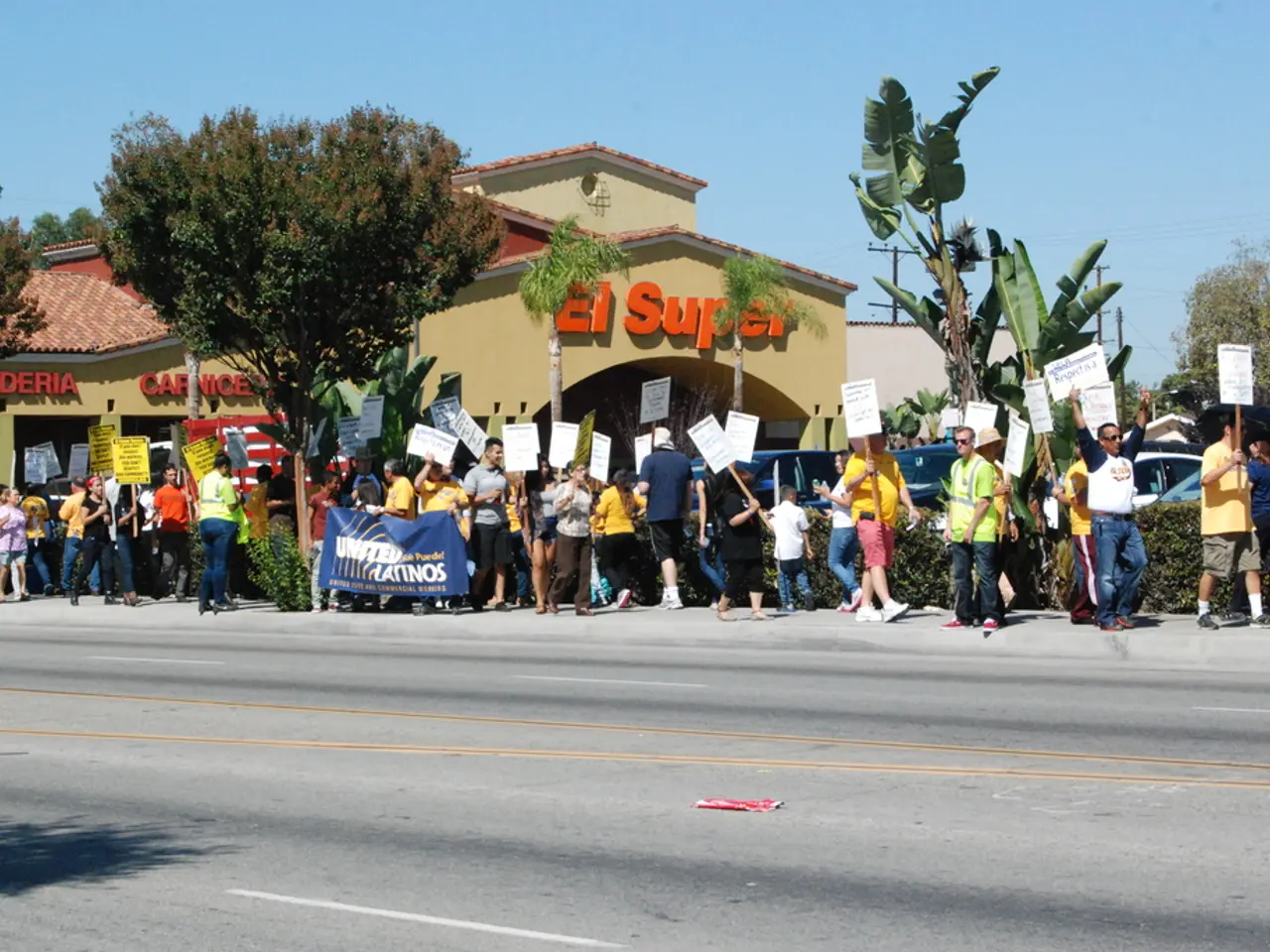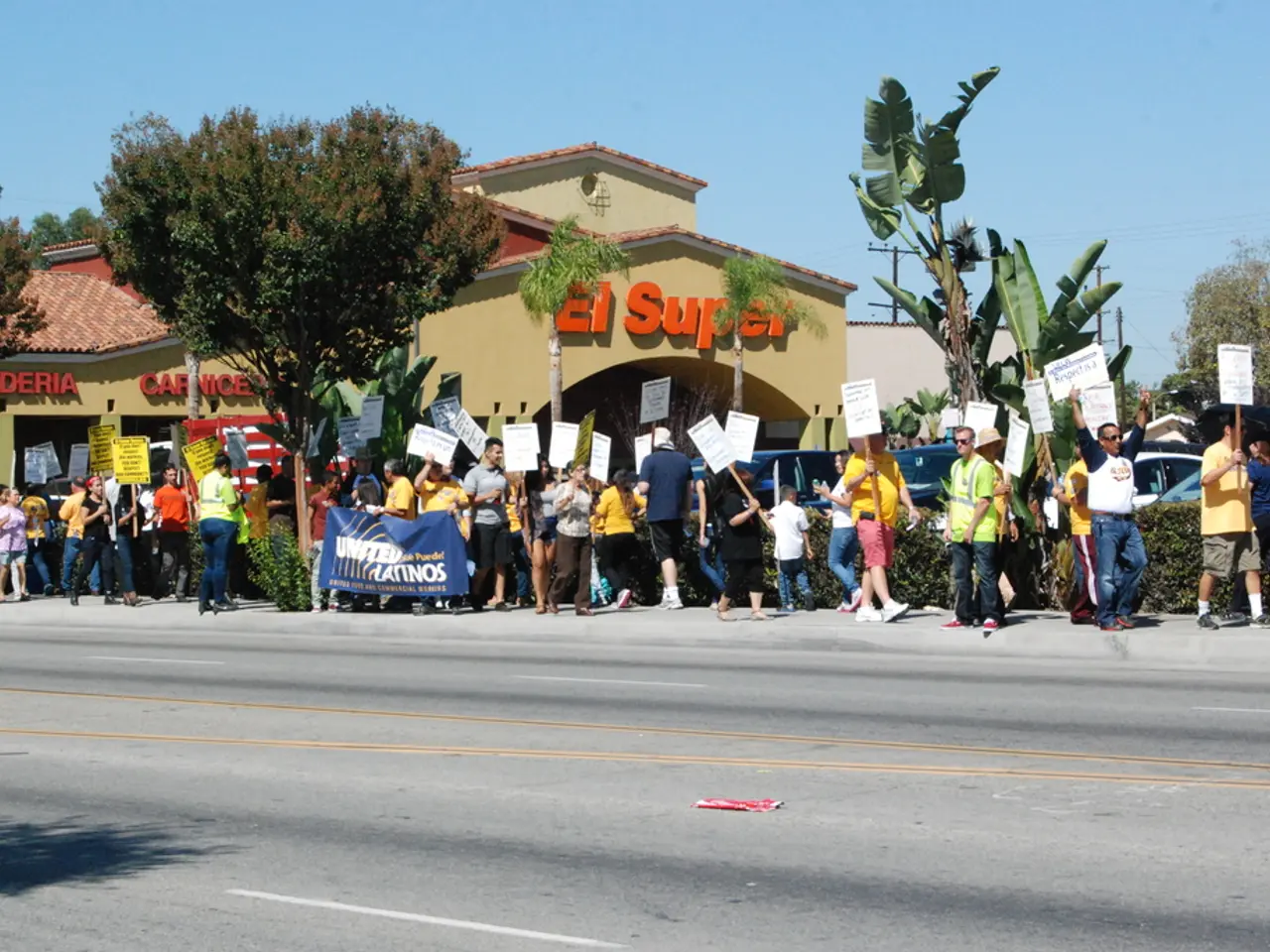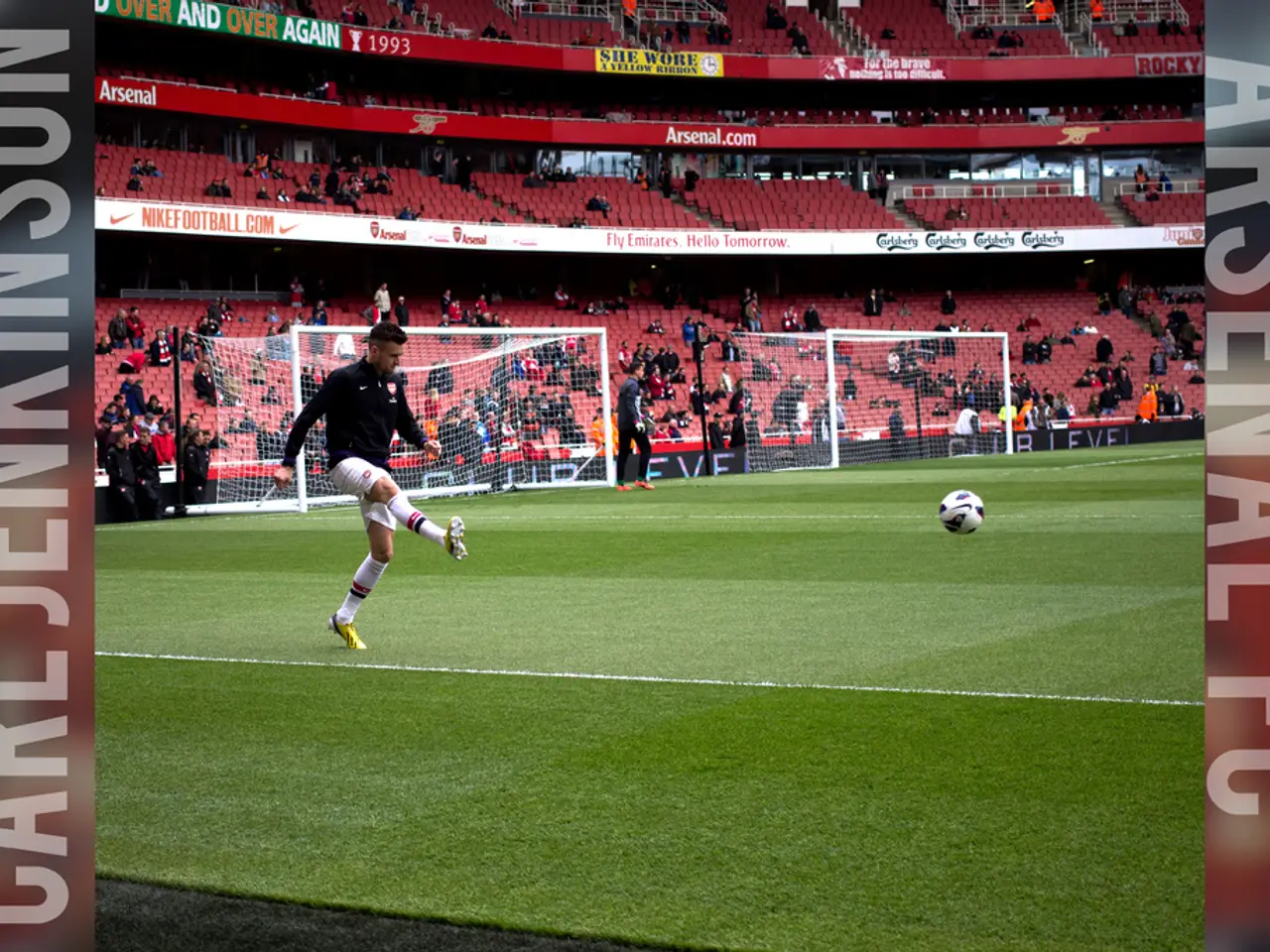United Kingdom plans to lower the voting age to 16 for the upcoming election, a decision met with controversy but deemed appropriate.
UK Lowering Voting Age to Boost Democracy and Modernize Politics
The UK government has announced a significant change to its electoral system, lowering the voting age to 16 for certain elections. This move is aimed at increasing democratic participation and modernizing UK democracy by giving younger people a say in decisions that affect their lives [1][3].
Key reasons behind this decision include recognising that young people aged 16 and 17 already contribute to society by working, paying taxes, and serving in the military, and therefore, they should have the right to vote on issues affecting them [3]. The change also fulfills a manifesto commitment made by the Labour Party before it was elected in July 2024 [1][2].
The reforms are intended to boost democratic participation by enfranchising younger voters, acknowledging they are mature enough to participate responsibly in elections [2]. They come alongside measures to strengthen safeguards against foreign interference in politics, improve voter ID options (including allowing use of bank cards), and modernize the overall electoral process to make voting more accessible [1][3].
This change represents the biggest shift in UK democracy in a generation and places the UK among the few countries allowing 16-year-olds to vote in national elections, joining places like Austria and Brazil [1][3]. The change is planned to be implemented in time for 16- and 17-year-olds to vote at the next general election, which is due to take place by 2029.
Not everyone is in agreement, however. Social media users, such as @juneslater17, have expressed concerns about 16- and 17-year-olds deciding the future of the country without life experiences like paying bills or having jobs. Conservative shadow minister Paul Holmes questioned the government's decision, stating that 16- and 17-year-olds cannot perform certain adult activities like buying a lottery ticket or getting married [4].
Despite these concerns, young people interviewed by LBC on TikTok believe they should be allowed to vote and that they need to be educated in school about the parties they are voting for [5]. A report by Young Citizens suggests that 71% of young people said they would vote in the upcoming General Election if they could, with 78% feeling informed about political issues [6].
The change is part of a new Elections Bill and was included in the Labour manifesto [7]. The Deputy Prime Minister, Angela Rayner, stated that the change supports the Plan for Change and delivers on the manifesto commitment to give 16-year-olds the right to vote [8].
This decision marks a significant step towards modernizing UK democracy and encouraging greater participation among young citizens. As the UK government moves forward with this change, it will be interesting to see how it impacts the political landscape in the coming years.
[1] BBC News (2024). UK to Lower Voting Age to 16 in General Elections. [online] Available at: https://www.bbc.co.uk/news/uk-politics-58231805
[2] The Guardian (2024). UK Government to Lower Voting Age to 16 in General Elections. [online] Available at: https://www.theguardian.com/politics/2024/jul/01/uk-government-to-lower-voting-age-to-16-in-general-elections
[3] The Independent (2024). Why Lowering the Voting Age to 16 is a Good Thing for UK Democracy. [online] Available at: https://www.independent.co.uk/voices/lowering-voting-age-16-uk-democracy-b1914248.html
[4] The Telegraph (2024). Conservatives Criticize UK Government's Decision to Lower Voting Age to 16. [online] Available at: https://www.telegraph.co.uk/politics/2024/07/01/conservatives-criticize-uk-governments-decision-lower-voting-age/
[5] LBC News (2024). Young People React to UK's Decision to Lower Voting Age to 16. [online] Available at: https://www.lbc.co.uk/news/young-people-react-to-uks-decision-to-lower-voting-age-to-16/
[6] Young Citizens (2024). Young People's Attitudes to Politics and Voting. [online] Available at: https://www.young-citizens.org/resources/young-peoples-attitudes-to-politics-and-voting/
[7] Labour Party Manifesto (2024). Lowering the Voting Age to 16. [online] Available at: https://labour.org.uk/manifesto/2024/democracy-and-elections/lowering-the-voting-age-to-16/
[8] Sky News (2024). Angela Rayner Supports Lowering Voting Age to 16. [online] Available at: https://news.sky.com/story/angela-rayner-supports-lowering-voting-age-to-16-12586445
The UK government's decision to lower the voting age to 16 for certain elections is part of its effort to modernize politics and boost democratic participation. This move is rooted in acknowledging that young people aged 16 and 17 contribute significantly to society, and they should have a say in decisions affecting them, as reflected in the Labour Party's manifesto commitment before the 2024 election.







